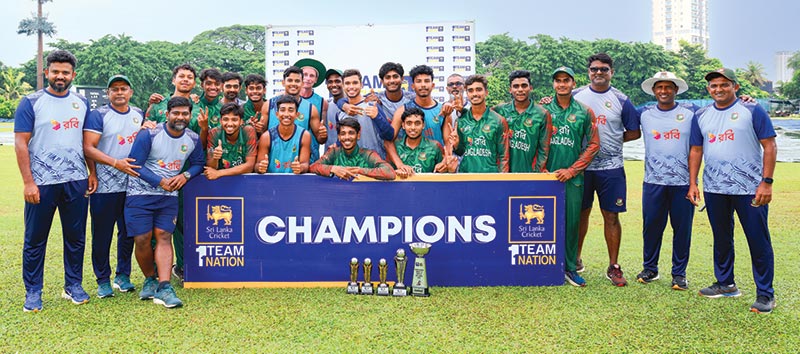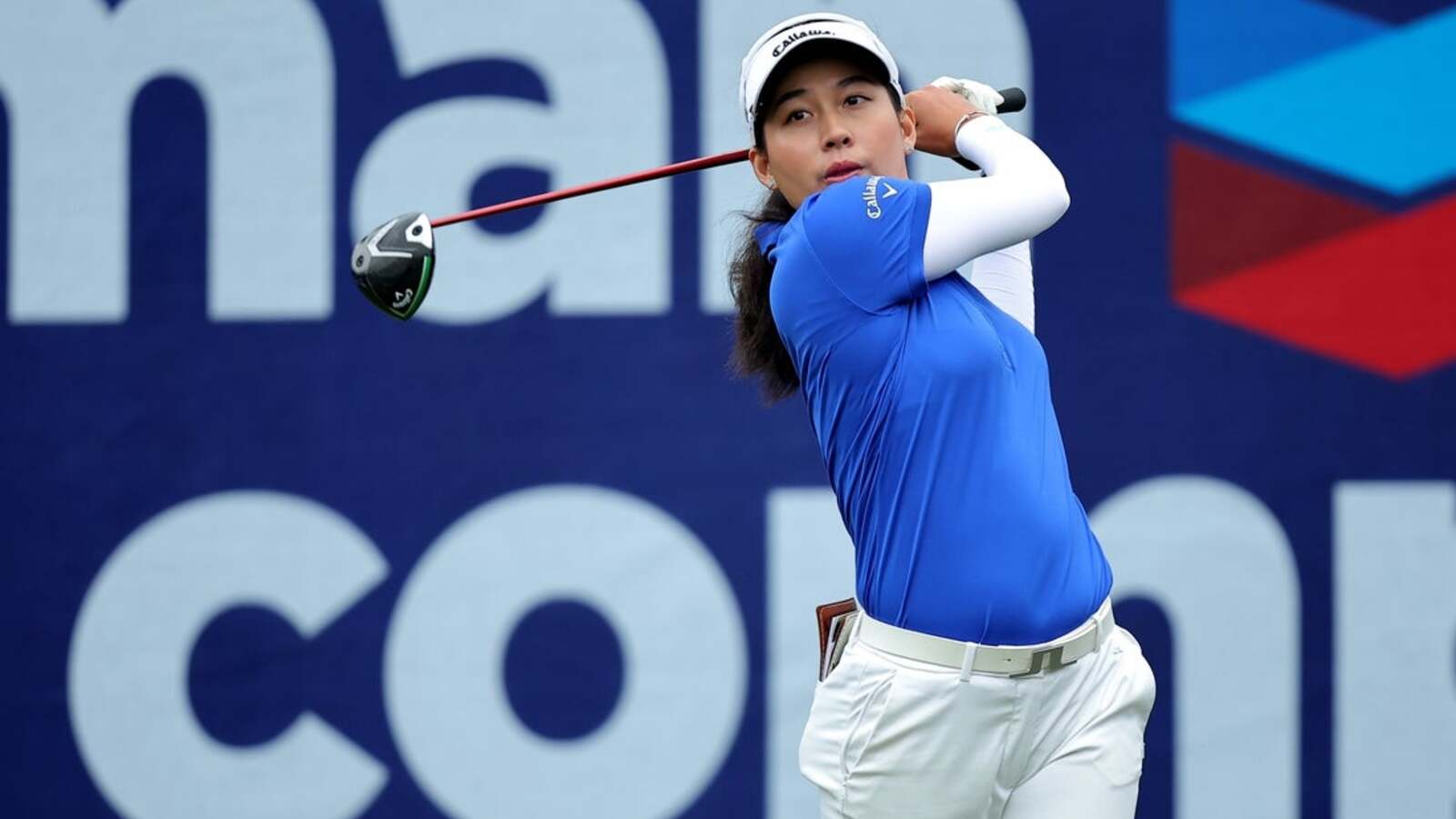Even though very few people want to admit it, concussion and its after-effects remains one of the biggest issues in rugby. But the ongoing research into Chronic Traumatic Encephalopathy (CTE), along with the revelation earlier this year that the late Billy Guyton was the first New Zealand-based professional rugby player to be diagnosed with the condition , has meant that it is a topic that needs to be addressed no matter what. The New Zealand Rugby Players Association (NZRPA), World Rugby and New Zealand Rugby have launched the Brain Health Service this week, an initiative that aims to collect brain injury data and connect professional players with doctors to get a clear indication of symptoms for both the present and when the players retire.
It is a telehealth service, meaning that it is done primarily online through a series of cognitive tests. World Rugby head of brain health operations Deidre Keating said that "it was a lot of work..

.they are standardised tests that are used by neuropsychologists to measure cognitive results, but we had to pull out the ones that are suitable for telehealth." Keating said that the testing has been based research done in the US.
"Harvard University is providing a similar sort of service; they're doing it for research purposes and it's all face to face. In the last five years they've delivered 50 cognitive assessments, so we decided that bricks and mortar approach wasn't something World Rugby could do..
.trying to get players from the South Island up to Wellington or Auckland, if that's where the neuropsychologists are, that wasn't going to work." In only six months, World Rugby's trial of the Brain Health Service has accumulated almost 200 cognitive assessments.
NZRPA boss Rob Nichol said that while there might be a perception that sporting organisations are engaging in these sort of initiatives as a way of mitigating future legal issues , he believes the benefits considerably outweigh any of that. "We get it, whether it's litigation or the perception that that's the motivating factor. In all honesty, if it is: so what? Speaking selfishly from a player's perspective, we want this to be available to our players for a number of reasons," he said.
"For one, it provides them with access to specialist advice in an area of cognitive health, but also to general health screening. How good? As a country, we're really, really bad at taking a proactive approach to our health. This is something that reinforces that but also does it in a really material way.
There's lots of different motivations for putting this service together, but at the heart of it is that we think it's a really, really good thing for our players. Regardless of how you deal with concussion in contact sport, we'd want to see something like this available anyway." The theme of men being bad at seeking medical advice isn't something that is confined to rugby players, although former Wellington, Highlanders and Melbourne Rebels player Scott Fuglistaller said that the drive as a professional athlete meant he made some poor choices during his career.
"When I was playing, I don't believe anyone could've told me anything that could've changed my mind set: to get my position and not let anyone else have it. I literally would've done anything, and I did do some things that I regret that have hurt me long term," said Fuglistaller, who is now the NZRPA Retired Player Services manager. "Your motivations are so strong; you have players that hide injuries so they can play.
..in your early 20s your brain hasn't even developed enough to be concerned about your future.
Even in your 30s and 40s, we don't change. We're stubborn with the 'she'll be right' attitude. I encourage guys that don't believe they have any issues or concerns to just spend an hour of your life to make this baseline measure.
One day, something might happen, and we've got something to go back and mark it against." Nichol said that the attitudes around concussion and brain health have changed dramatically. "I remember at one of the first meetings with World Rugby in 2009, we said we are not dealing with on field concussions correctly.
..since then I think there's been a complete attitude change and since then I think that rugby's actually leading the world in how we deal with brain health and injuries.
The last 15 years there's been a lot of energy, effort and resource in this space and that will continue." Fuglistaller admitted it will always be a tricky one for players to deal with personally, however, given the undying veneration received for playing through injuries - especially at rugby's highest level. The disregard for one's safety while doing everything to win was something that may never be resolved.
"I honestly don't know if we'll get there...
it's a mindset (as a professional athlete) that's got you to this point, not many would get there without that mindset of playing through injuries. I think though with brain health the narrative is changing, I think we're starting to understand that it can be managed well..
.but it's not like you can have a surgery to fix it, it's the one injury that's so frustrating.".
Sports

Rugby’s newest initiative in the brain health battle

Even though very few people want to admit it, concussion and its after-effects remains one of the sport's biggest issues.















